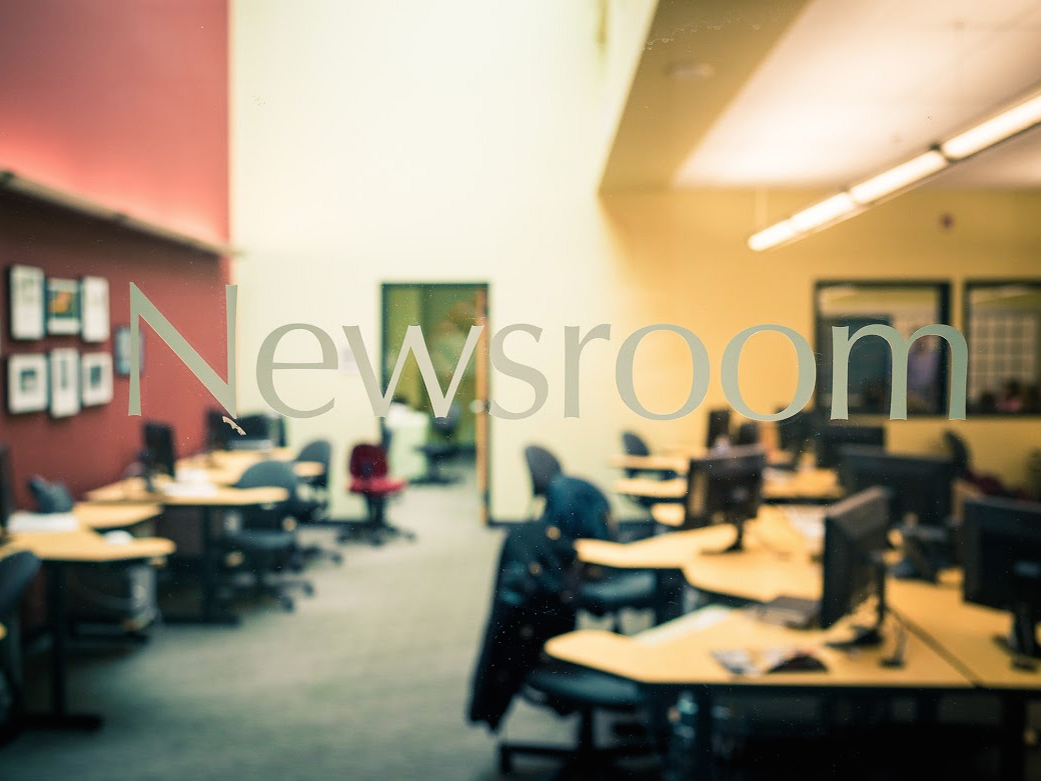Is journalism school enough, or should you be studying more?
By Badri Murali
After Marco Chown Oved finished his master’s in philosophy at the Sorbonne, in Paris, he was looking around for work. He was not particularly looking for a career in journalism, but when a friend told him of a contract reporter position with the Associated Press in 2007, he applied and got the job. Nine years later, he is now a foreign affairs reporter at the Toronto Star.
“I called up the bureau chief. It was a three-question job interview. She asked if I spoke English, if I spoke French and if I can start Monday,” said Oved. “So it was a trial by fire with journalism.”
Oved said that being able to think critically and have empathy has helped him during his journalism career.
“It’s easy enough to criticize when someone else writes but it’s hard to really, truly put yourself in their shoes and try and understand what they say and where they’re coming from and understand their philosophy inside and out. I think that’s a transferable skill to journalism.”
Studying a discipline outside of journalism can be helpful for students. Arne Kislenko, a history and international relations professor at Ryerson University and the University of Toronto, said most journalism students need an education with a scholarly approach and that journalism skills come secondary.
“The whole nature of journalism is you write a very short article or a 30-second radio clip, so you have my sympathy there,” said Kislenko. What journalists lack, he said, is “training in a rigorous academic field.”
Not all journalism schools require students to have a minor in another field while some schools factor in a stronger emphasis on academia than journalism courses.
Students in the undergraduate program at the Ryerson School of Journalism, for example, split their coursework between journalism and other disciplines about evenly. In comparison, students at the University of King’s College’s undergraduate honour’s journalism program, in Halifax, can expect 14 of their 30 required courses to graduate to be in journalism while the other 16 are general academic courses focused on the humanities, arts and sciences.
Katie DeRosa received her bachelor’s degree in journalism and a double major in law from Carleton University in 2008 and said that both programs helped her with her career as a crime reporter at the Times Colonist.
“The best thing about Carleton journalism is the emphasis they place on internships and I learned so much about news through just doing news. My double major in law gave me a solid understanding of legal issues so when I started full time at the Times Colonist after interning, I was the crime reporter,” she said.
She decided that she would further her post-secondary studies after her local reporting took on an international dimension. In 2010, she was working with the Times Colonist, in Victoria, when the MV Sun Sea, a ship carrying Tamil refugees, came ashore near Victoria.
“When the incident happened and as I was filing my articles, another co-worker told me about the R. James Travers Fellowship. I applied and got it,” said DeRosa. “I focused on how the Canadian and Australian governments had policies when it came to refugees. I took a year off to work on this and it got a lot of recognition and awards.”
The Travers Fellowship is a stipend offered to a journalist covering an international issue of importance to Canadians and typically lasts for a year. DeRosa said she used that as a jumping-off point to work on her current master’s program in international migration and public policy at the London School of Economics.
But the success of a journalist cannot necessarily be quantified based on their education. As Alfred Hermida, director of the University of British Columbia’s School of Journalism, said, it is difficult to generalize the work of journalists, regardless of their accreditation.
“It depends on each person’s experience and what they took out of their education and experience,” said Hermida. “I would argue that you cannot have a journalism education that doesn’t combine both skill, the ability to do the job, then, also, contextual framework.”
Correction: A previous version of this story referred to Oved’s editor at the Associated Press as a man. She is a woman. We apologize for the error.
Badri Murali is a fourth-year journalism student at Ryerson University. He also works with the Kashmir Photo Collective as a researcher, gathering images, articles and stories from the Kashmir Valley. His previous experience includes working with the Eyeopener, Ryerson’s independent student newspaper, as a media and business & technology editor.

